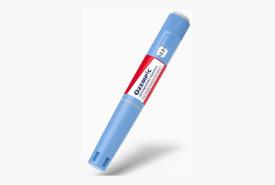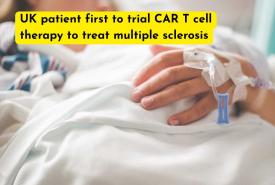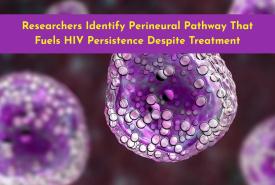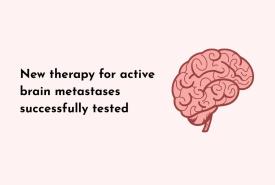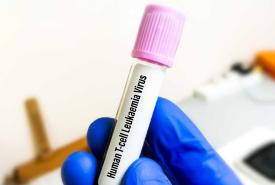Vitamin D3 may cut repeat heart attack risk by 50 percent
A tailored approach of vitamin D3 supplementation in patients who have suffered a heart attack significantly reduces their risk of a second heart attack, a new study from heart researchers at Intermountain Health in Salt Lake City finds.




